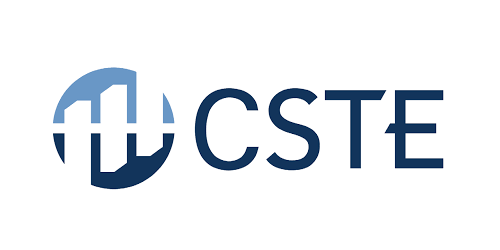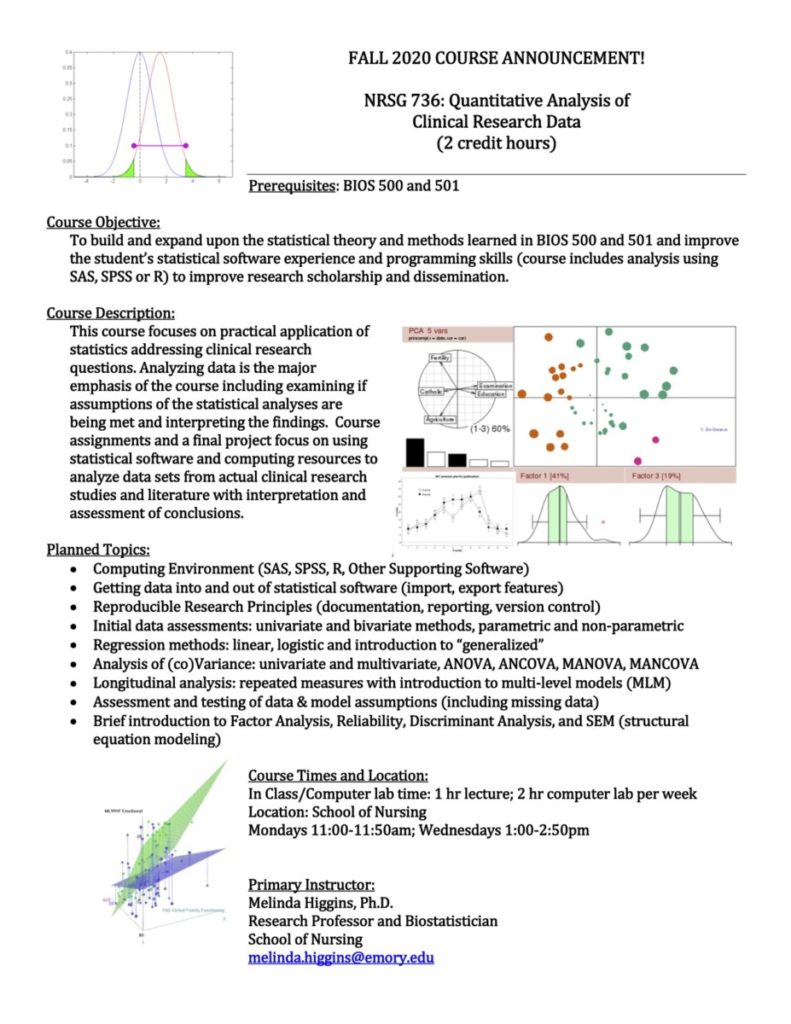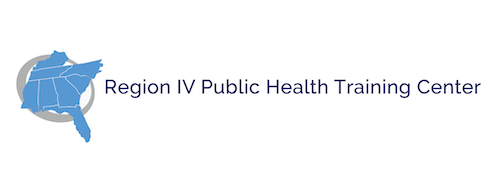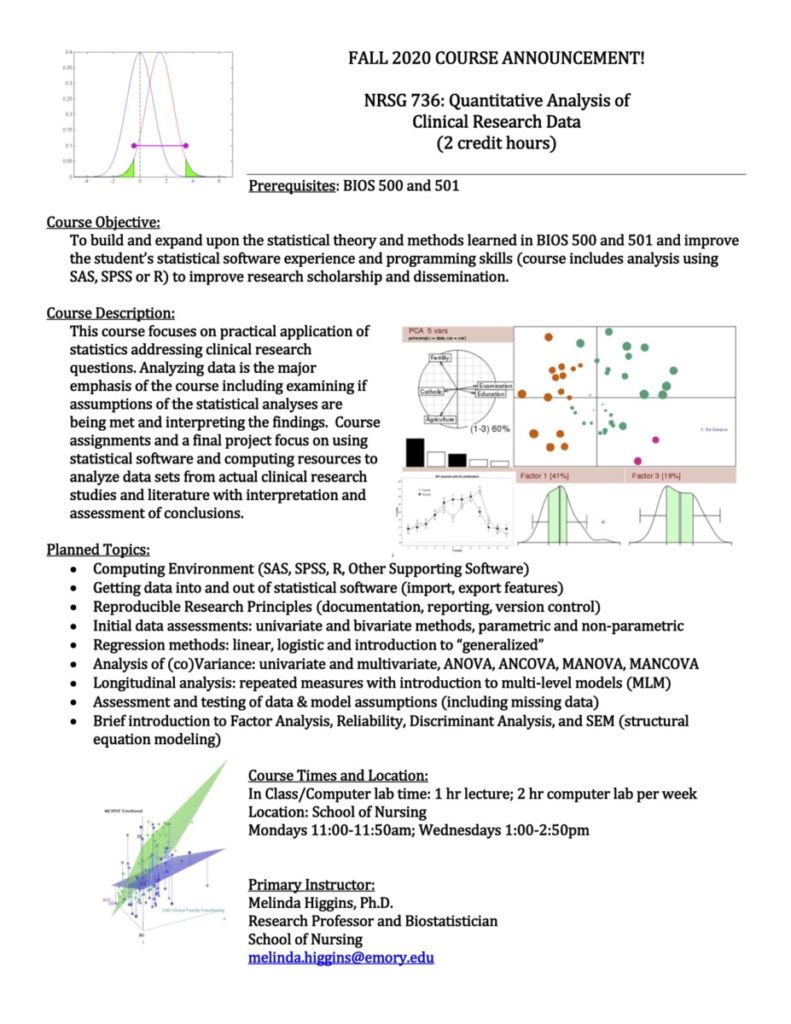Looking to present, learn and find inspiration at the largest and most influential annual gathering of public health professionals?
The APHA-Student Assembly is now accepting abstract submissions for the APHA 2020 Annual Meeting and Expo in San Francisco, Oct. 24-28, 2020. Learn more about the Annual Meeting here: https://www.apha.org/annualmeeting.
Abstracts Accepted
Abstract submission is easy, and presenting offers many benefits including enhancing your CV, exploring career options, and disseminating your findings. All abstracts are considered for the Outstanding Student Abstract Award (no additional application required).
We invite abstracts from students in public health or other related fields presenting results of scientific research, program evaluations, policy analysis, and lessons learned from research or practice. We also invite abstracts pertaining to public health student issues in general (such as education, curricula, training, employment trends, student leadership, advocacy, etc.). First-time presenters and abstracts supporting the meeting theme are highly encouraged. We accept submissions from the fields of:
– Environmental/Occupational Health
– Epidemiology/Biostatistics
– Food and Nutrition
– Health Education
– Health Services Administration/Management
– International/Global Health
– Maternal and Child Health
– Public Health Law and Policy
– Social and Behavioral Sciences
– Student Training and Public Health Workforce Development
Assembly and Submission Details
Presenters can showcase their work through a poster session or oral presentation. For tips and tricks on abstract submission, check out the APHA-SA Abstract Guidelines:http://aphastudents.org/docs/abstractguide05.pdf.
For detailed instructions and to submit your abstract, log on to the APHA 2020 Meeting Website and scroll to the bottom to the Start Abstract Submission button:https://apha.confex.com/apha/2020/sa.htm.
Abstracts are due February 20, 2020 @ 11:59 pm PST. Note that abstracts MUST be submitted online through the APHA Meeting Website, and late submissions will NOT be accepted.
Questions? Contact the APHA-SA Programming Co-Chair, Jennifer Mandelbaum, at jmandelbaum [dot] apha [at] gmail [dot] com.











Recent Comments